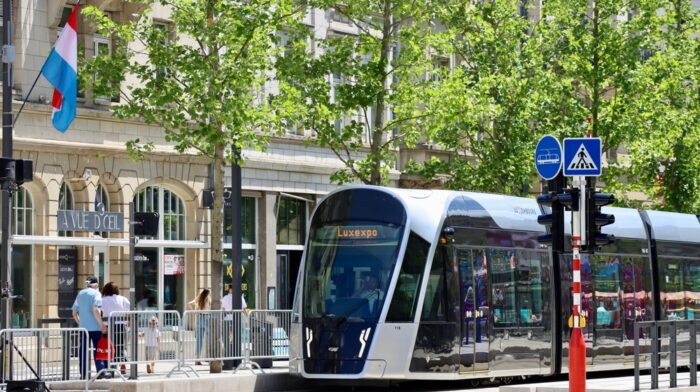The Progressive Post
Paris Climate Talks Offer Direct Route to Zero-carbon Economies
In comparison to COP15 in Copenhagen (2009) there is much more optimism on the zero-carbon front, and a strong movement for a global renewably-powered economy. New legislations in energy efficiency and skyrocketing renewable energy targets by many countries are on the rise; and a global divestment campaign is urging financial and other institutions to divest from fossil fuels. In 2014, stagnation in energy-related CO2 emissions was recorded despite economic growth, due to strong action from several countries, such as the EU and China. So the question is not whether the Energy transition is happening, but instead at what speed.
In line with the findings of the IPCC AR5 report, WWF is calling for actions that would limit climate change damage, and for warming to not exceed 1.5°C. For this to happen, COP21 must produce a robust framework for addressing climate change post-2020, and act on pre-2020 action. It must be legally binding, equitable, and free from loopholes and creative accounting. The robustness of which is vital, as an analysis of submitted 2020 intended Nationally Determined Contributions (iNDCs) shows the Earth is on a trajectory to a more than 2.6°C increase. Despite this, the negotiations send a strong global signal of intent from countries to non-state actors currently polluting, because the negotiations should achieve an “outcome with legal force.”
Paris must clearly show the financial community that the hay days for investing in fossil fuels are over. A long-term goal in the agreement must embrace full decarbonisation of the world’s economy well before century’s end; and equity-based actions must leverage the framework and finance for the most vulnerable who often have limited access to technology or finance. Shifting subsidies to zero-carbon renewable energy industries, energy efficiency and access to clean energy for the poor, reduces social and environmental externalities. This is essential for funding necessary energy transition in all countries, and adaptation in vulnerable countries. Moreover, it allows for greater investor confidence in Europe and globally, increased citizen energy ownership and empowerment, and greater energy security. Richer nations must begin phasing out production subsidies for fossil fuels, start increasing targets and support for energy efficiency and renewables.
Alongside the adoption of the new sustainable development goals (SDGs), the outcomes of the Paris international climate negotiations are two key processes central to driving the transition to zero-carbon economies. A sustainable energy transition is not only about changing what types of energy we consume. It is about a just transition built on social, environmental, gender equality principles, protecting workers rights and the most vulnerable, sustainable development, and addressing poverty and energy poverty. A solid outcome in Paris to match the outcomes from the SDG summit in New York will help facilitate a just energy transition that accounts for these values.




